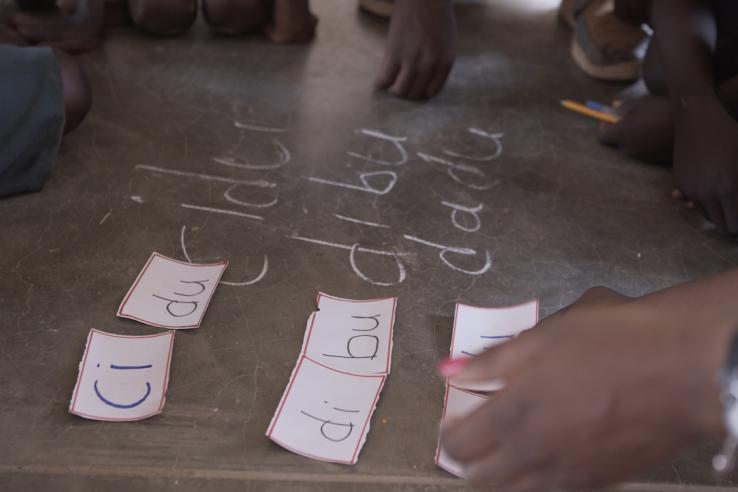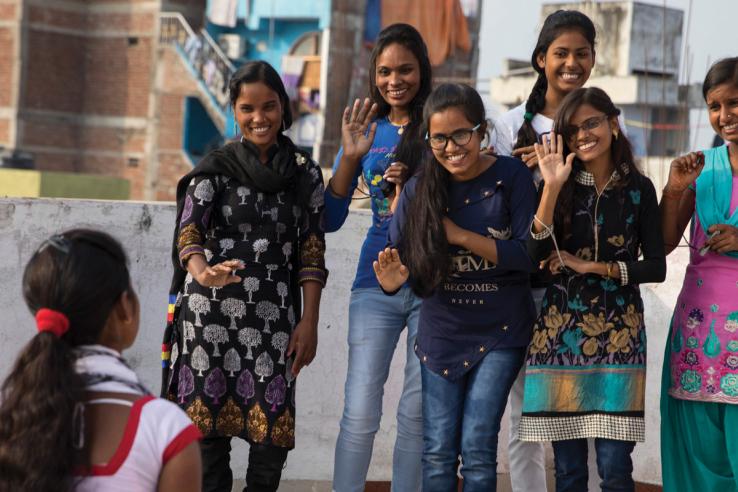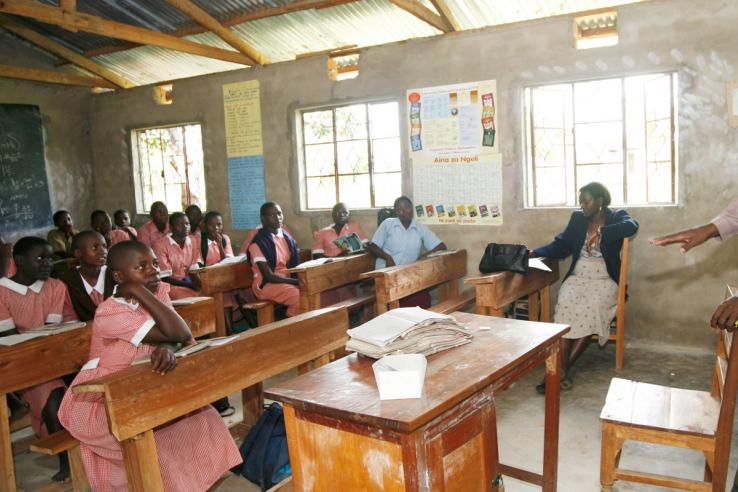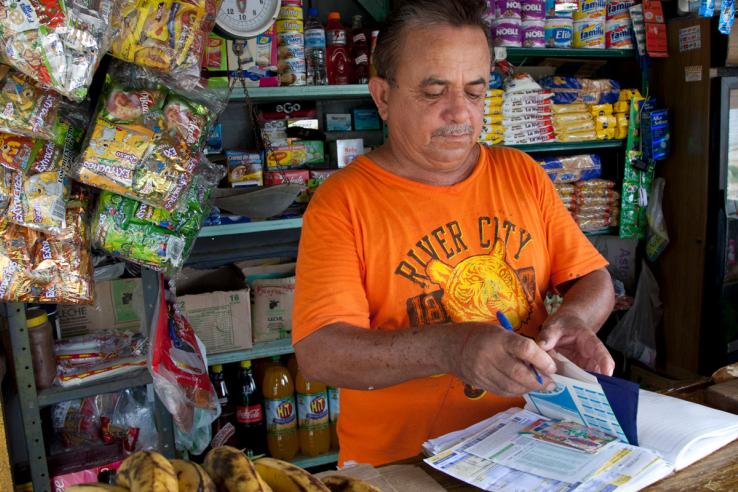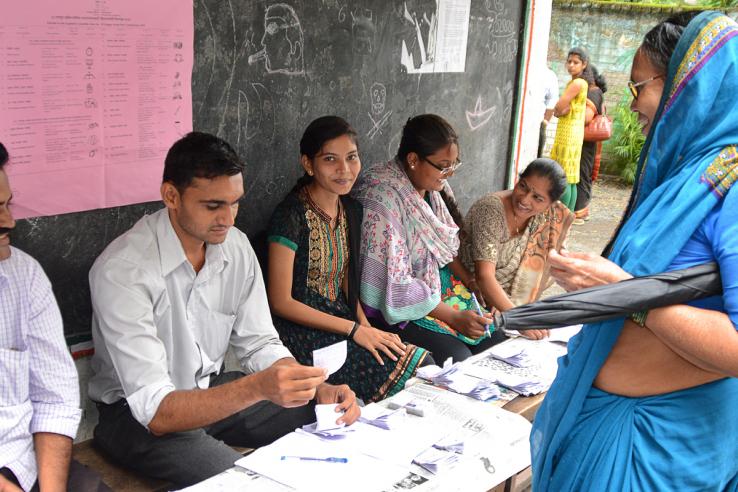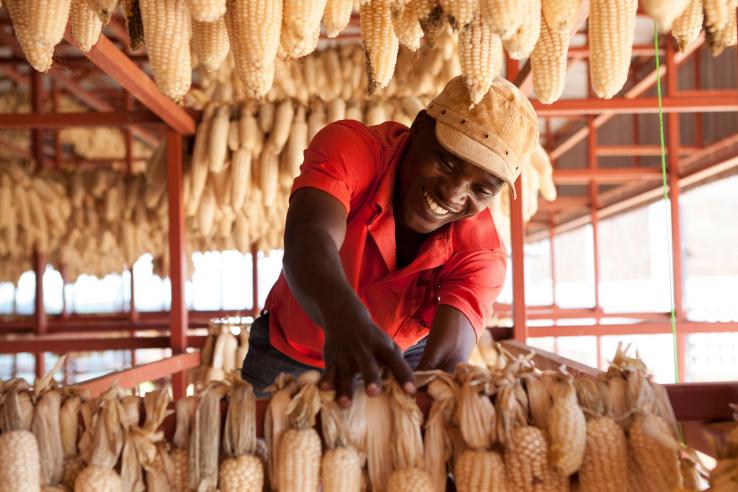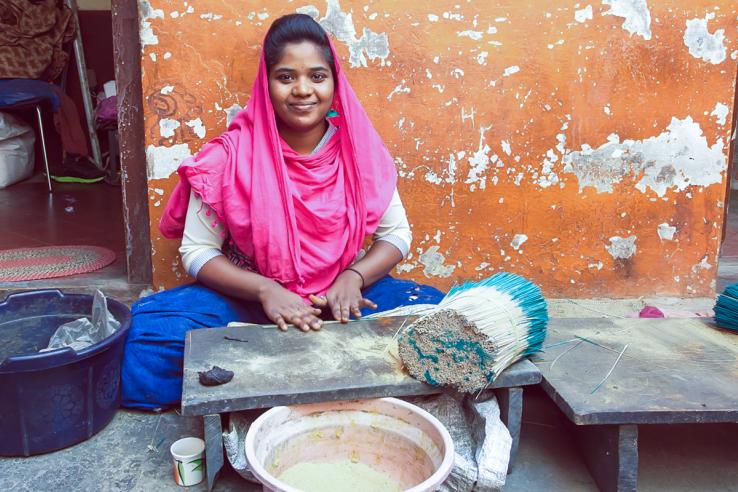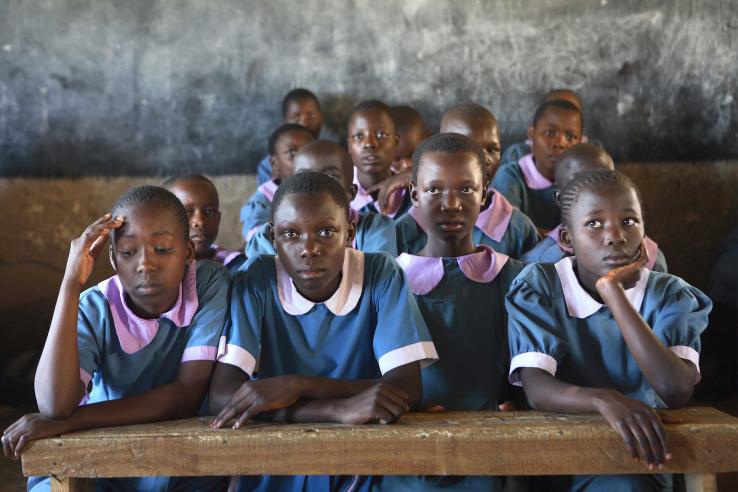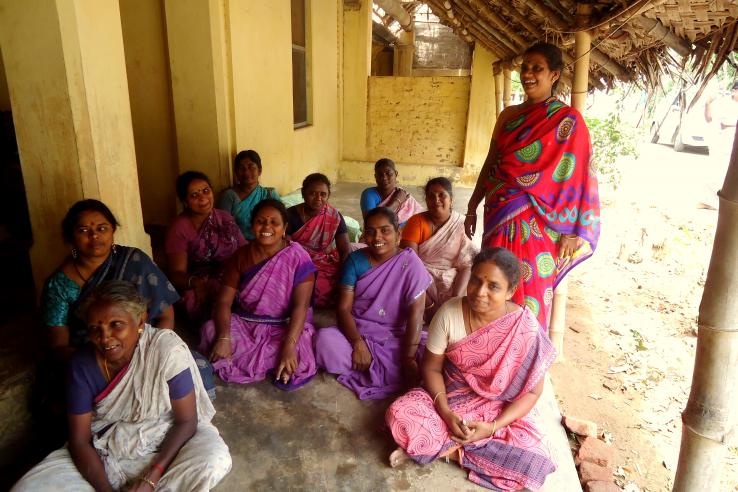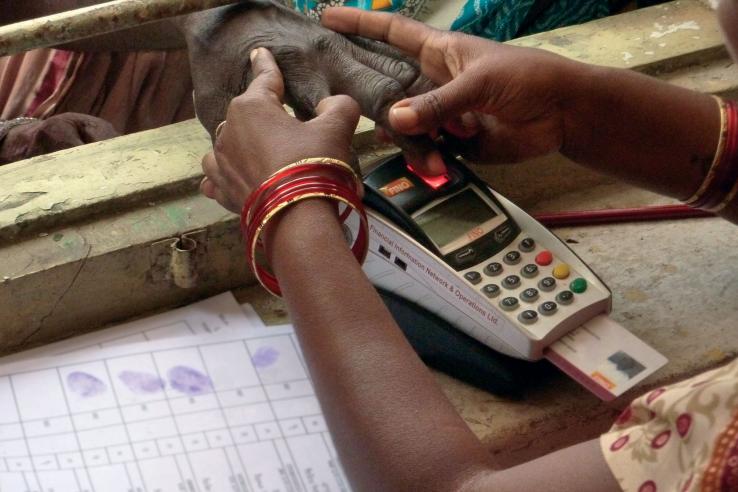Displaying 1546 - 1560 of 8337
Policy insight
Randomized evaluations show strong evidence of hiring discrimination against minority and underrepresented groups in many countries, with most evidence so far coming from developed countries. Where it has been tested using randomization, removing identifying information on job applications had...
Policy insight
In classrooms around the world, many students are not learning at grade level and struggle to catch up. Dedicating a portion of instruction time to tailoring instruction to the learning levels of students is one of the most effective and cost-effective ways of improving learning. Tailored...
Policy insight
Interventions that changed perceptions about girls’ abilities and opportunities or increased the educational and economic opportunities available to them encouraged girls and young women to delay pregnancy.
Policy insight
Interventions that address perception gaps about the benefits of education or make the benefits more salient can increase student participation at low cost. In contrast, increases in the quality of education can be difficult for parents to accurately perceive and thus do not necessarily lead to...
Policy insight
Product and market innovations that generate more information about borrowers, reduce transaction costs, and encourage repayment all address factors that contribute to the high cost of microcredit in low- and middle-income countries.
Policy insight
Providing information on candidates’ qualifications, policy positions, and performance in office can affect voter turnout and who people vote for. In lower-income countries, this type of information has been most effective when it was widely disseminated from a credible source.
Policy insight
Offering savings products to smallholder farmers did not transform agricultural investment or output in six studies in sub-Saharan Africa. In a few cases, savings products sometimes benefited farmers by providing a form of risk protection and by helping them smooth consumption over time.
Policy insight
Two randomized evaluations of workplace wellness programs in the US found limited impact on employees’ health habits and no impact on their health, employment, or health care costs in the initial years, contrary to previous observational studies.
Policy insight
Programs that encouraged investments in residential energy efficiency had limited returns in several impact evaluations in real-world settings. Relatively small impacts on energy savings coupled with low take-up meant that encouraging these investments through information campaigns and subsidies was...
Policy insight
Traditional business skills training programs lead to modest increases in microentrepreneurs’ profits and sales. Alternative training programs can lead to larger impacts, but some programs require more definitive evidence of their effectiveness.

